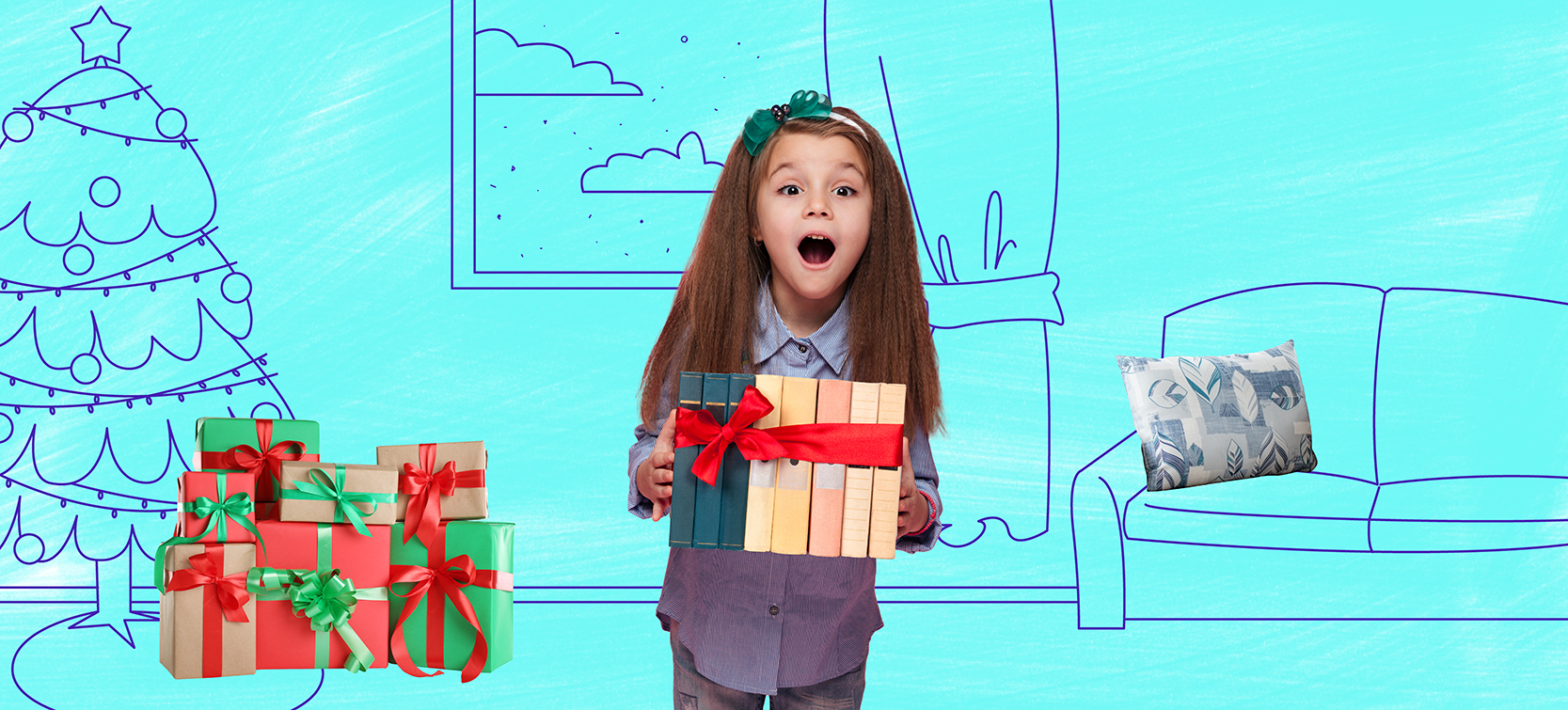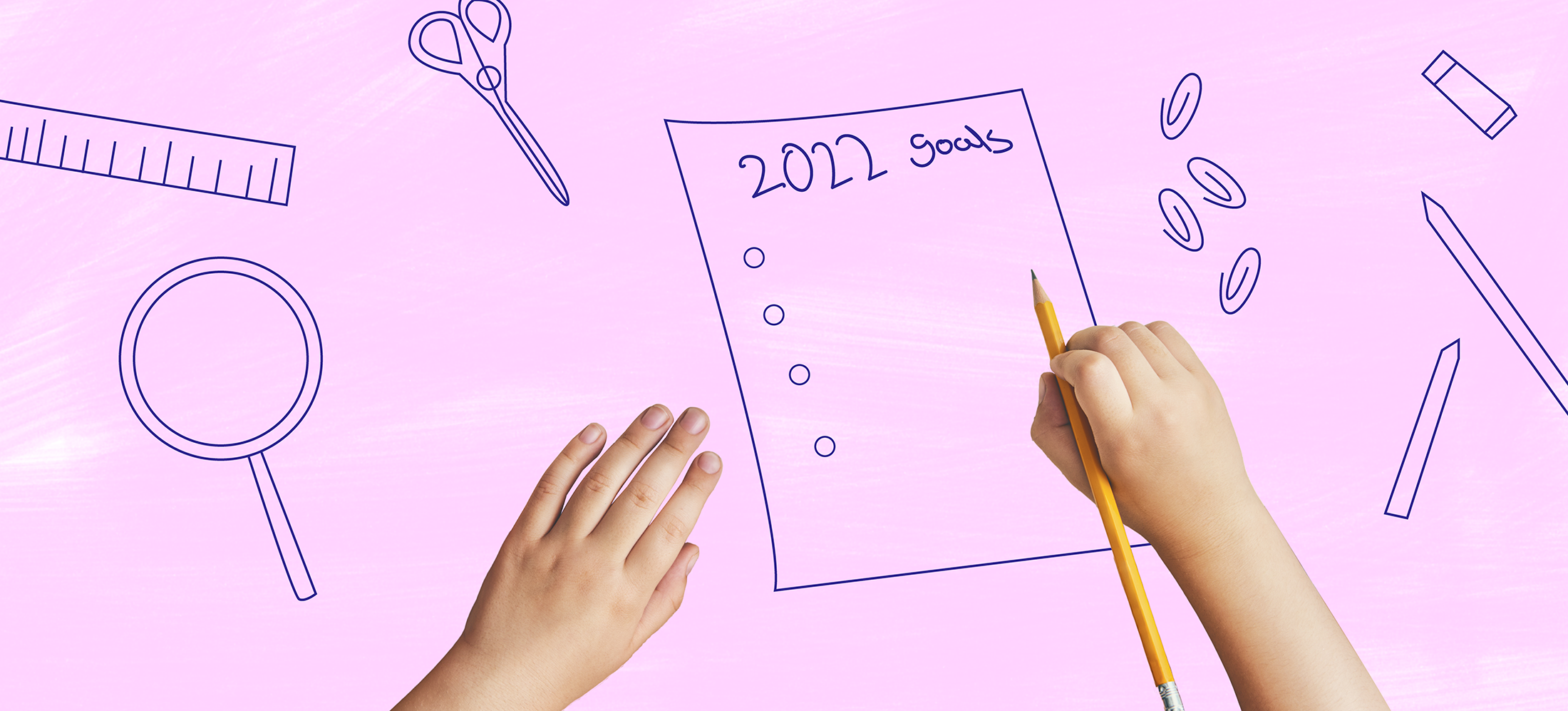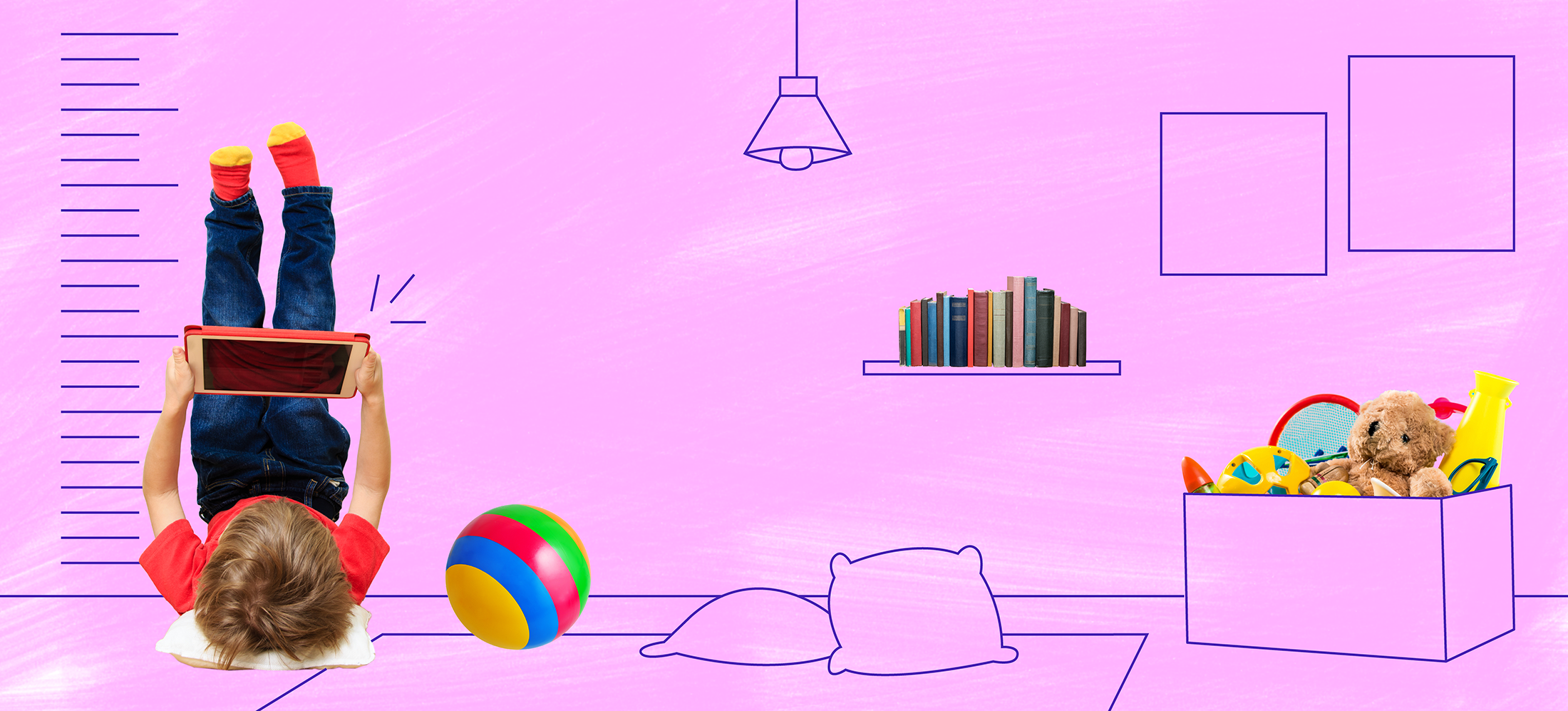COVID-19 and the pandemic measures have had considerable effects on all children, and the full long term impact is yet to be determined. The ongoing stress, fear, grief, and uncertainty created by the pandemic has weighed heavily on children and teens. Many kids are having a hard time coping emotionally with all the changes and lockdowns and new safety regulations. We are all diving into unchartered waters and trying to cope with our best abilities to ensure our kids have a semblance of normalcy amidst all the chaos. The fact that this is all new with limited research makes it even harder to adopt the right behaviors when dealing with our children and their mental health. My family tested positive a few weeks ago and my 6-year-old daughter did not handle it very well. We all got COVID-19 for a few days before she did, and those few days were very hard on me as a mother, witnessing the fear and discomfort in her eyes in her own home. I simply didn’t know how to console her. She wanted to isolate, and she used the word “isolate” which is not a word I thought my 6-year-old would say at this age.
In addition to dealing with isolation and staying home, kids were deprived of seeing their family and their friends and going to school and parks and having a normal childhood for almost two years. The answer to almost every question for the last two years was “because we are in a pandemic”. The kids got sick of hearing it and the parents got tired of saying it. Social skills were affected, learning loss is a very real problem, and everyone is simply exhausted. No one has the magic solution for these strange times we are living, but I would like to share a few helpful ideas that are currently helping my family get through COVID-19 with some ease:
- Encourage your child to talk about how they are feeling: Communication is key during such unprecedented times. Children should be invited to discuss any feelings of fear, anxiety, uncertainty or sadness they are experiencing. Try to check in a couple of times during the day to see if they need to express anything or need help writing to a friend or family member they miss. The important thing is to remind them that you are there to help whenever they are ready.
- Recognize signs of stress in your child: These signs vary from toddlers to older children. With toddlers you may notice constant fussiness and irritability or even aggressive behavior. Teens are trickier as they often try to hide their feelings but common signs of stress are hiding away in their rooms at all times or less/more eating and a lack of interest in any schoolwork or activities. If you notice that your child is exhibiting these behaviors for an extended period of time, it may be a good idea to talk to a child specialist that can help them deal with their emotions and depression.
- Take care of yourself so you can take care of your child: This is a personal lesson that was learnt the hard way. Regardless of any circumstances, one cannot care for another person if they do not care for themselves first. As a parent, we often forget to check in with our own needs amidst the stress of the pandemic and homeschooling and working remotely and housekeeping and the list goes on. We are also experiencing fear and anxiety and missing our loved ones and our normal lives.
- Set a positive tone: It is important that we set the tone of positivity and hopefulness in our household so our children can feel the same way and look forward to a brighter future. The only way to do that is to be kind to ourselves and set aside time alone to relax or do a physical activity or simply read a book we love, anything that brings us happiness.
The social, emotional, and academic toll that COVID-19 has taken on our children cannot even be measured today, and we can only hope for the best and tackle one issue at a time to preserve our sanity and the future of our children.
Read more:
Homework Challenges & Strategies
THE BEST WAYS TO BALANCE TECHNOLOGY FOR KIDS
I Read Arabic app is available on both Google Play and App Store





